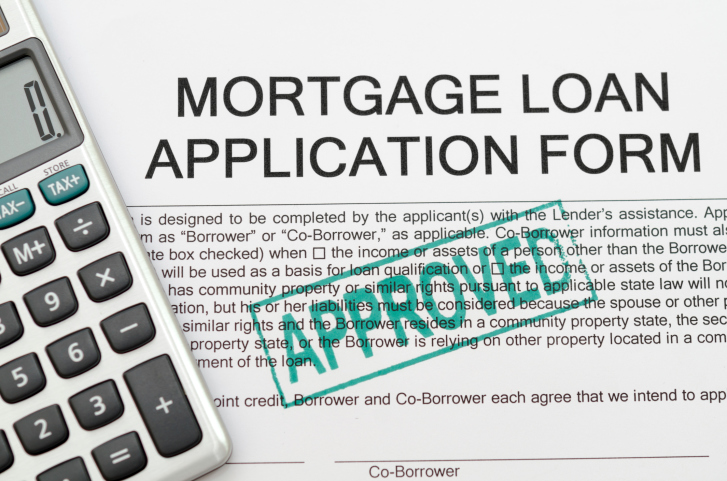Worried about Your FICO Score? 4 Easy Strategies to Fix It Up
 If you’re worried about your bad credit, you’ll want to do everything in your power to improve your rating as quickly as possible – especially if you have a major purchase coming up. Improving your credit rating can give you access to better interest rates on mortgages or even help you get that job you’re after.
If you’re worried about your bad credit, you’ll want to do everything in your power to improve your rating as quickly as possible – especially if you have a major purchase coming up. Improving your credit rating can give you access to better interest rates on mortgages or even help you get that job you’re after.
IMPORTANT! If you are currently involved in a home loan transaction, speak with your trusted mortgage lender before taking any action regarding your credit!
So how can you boost your FICO score quickly and easily? Here’s what you need to know.
Get Your Credit Report And Dispute Any Errors
Credit reporting agencies don’t always keep 100% perfect records, and there’s a good chance that your credit report contains at least one error. One recent FTC study found that 25% of consumers have an error on their credit report and that in 5% of cases, the errors were actually severe enough to impact the loan terms that borrowers were able to negotiate.
You can get your annual credit report from all three credit reporting agencies for free. Carefully read over it. If you see any errors – if your name is misspelled, if they have the wrong address on file, or if there are late or unpaid charges that you didn’t make – you can dispute the items in question.
Still Overdue? Negotiate Payment Terms With Your Creditors
If you’re overdue on a payment, it will weigh heavily on your credit score. As your payment history makes up a full 35% of your FICO score, this is one area where you’ll want to invest a great deal of time and effort.
Contact any creditors you owe money to and ask if you can negotiate your bill. The ideal outcome for you is to have the creditor report your debt as paid in full, so see if you can secure that promise in writing in exchange for an accelerated payment schedule.
Try Maintaining A Lower Utilization Ratio
Your utilization ratio refers to the amount of credit you use at any given time. If this number goes beyond 30 percent, you’ll start to see your credit score drop. Ideally, you should aim for a utilization ratio below 10 percent – this will prove to your lender that you can responsibly pay for the credit you use.
Have Recurring Bills? Automate Your Payments
Automating your monthly payments can be a great way to boost your credit score. Whether it’s your mortgage, your credit card, or your student loan, a pre-authorized monthly payment will ensure that everything gets paid on time and give you a great credit history.
Your FICO score is a number that will determine your eligibility for mortgages and other loans. These are general tips to help with your credit score and improve the overall reporting of your credit.
Call your local mortgage professional to learn about what kind of a mortgage your credit score can afford you.
 Are you applying for a mortgage on your home? Keep in mind that a mortgage is a major financial decision and choosing one will have a significant impact on the rest of your life.
Are you applying for a mortgage on your home? Keep in mind that a mortgage is a major financial decision and choosing one will have a significant impact on the rest of your life. Getting a mortgage isn’t an easy thing to do. Before a lender will put down tens of hundreds of thousands of dollars, it wants to know that the borrower can handle the loan so that it will get paid back. to this end, there are three things that a potential homebuyer can do to prepare for the mortgage approval process.
Getting a mortgage isn’t an easy thing to do. Before a lender will put down tens of hundreds of thousands of dollars, it wants to know that the borrower can handle the loan so that it will get paid back. to this end, there are three things that a potential homebuyer can do to prepare for the mortgage approval process.